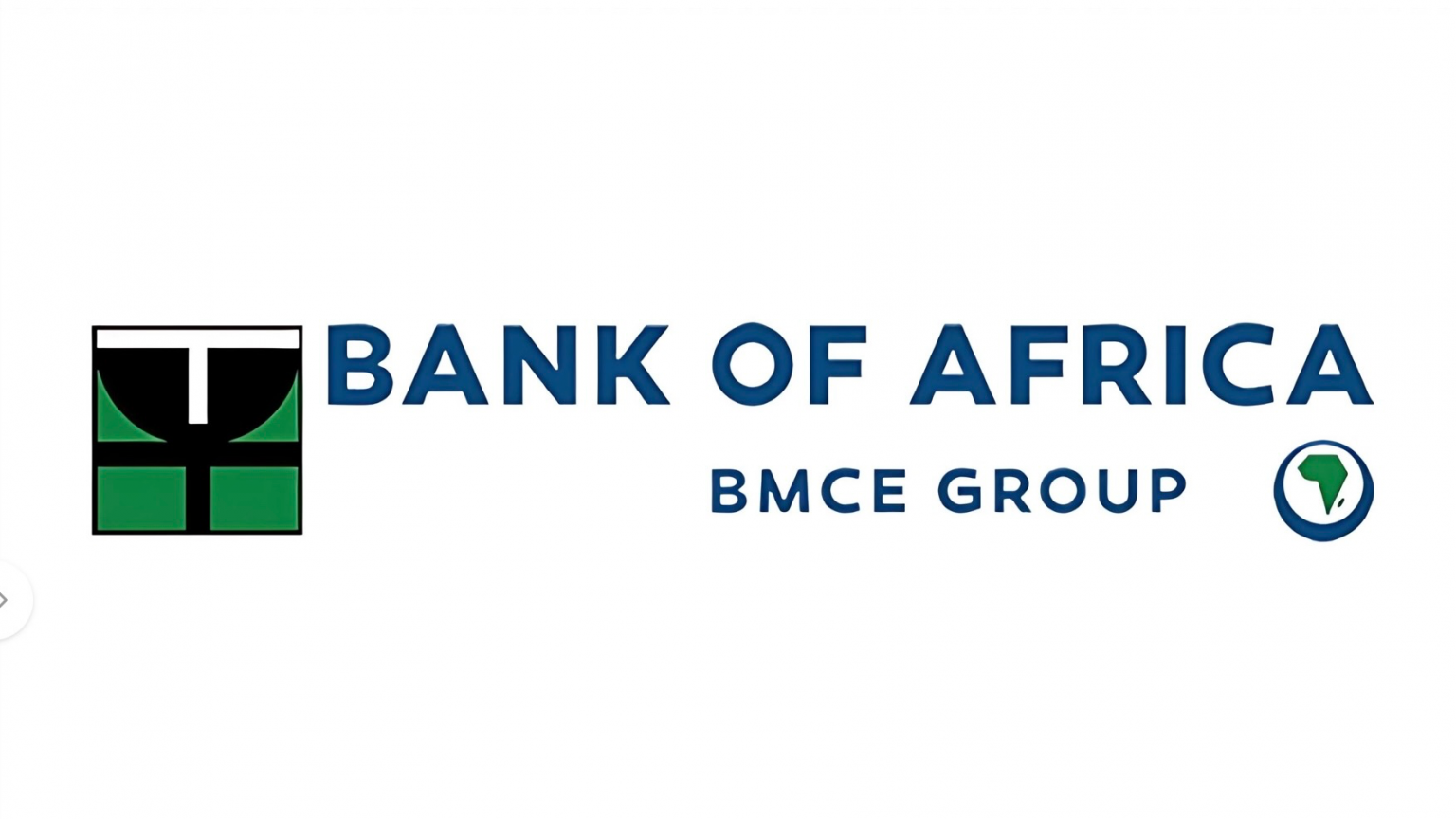- BOA Kenya offers bid bonds, vehicle loans and invoice finance to SMEs underserved by major banks.
- It operates 30+ branches with a growing digital suite, and recently partnered with DFAC and Western Union.
What they offer: practical credit for growing businesses
Bank of Africa Kenya isn’t loud, but it’s present—especially where many larger banks have retreated. It serves 30+ locations across the country and runs two key business centres in Nairobi and Mombasa. Its strength isn’t in sleek mobile apps or massive billboards—it’s in giving working capital where it actually matters.
Over the past year, BOA Kenya has rolled out unsecured bid bonds for SMEs, capped at around $70,000 per client, aimed at helping smaller firms bid for government and parastatal contracts. These are issued with fast turnaround, little paperwork, and often no collateral—critical in a sector where lack of assets often locks firms out. At the same time, through a partnership with DFAC Kenya, the bank has launched commercial vehicle financing for trucks, vans and tippers—industries central to Kenya’s logistics and trade.
Also Read: EFT Corporation: Pioneering payment solutions in Africa
Also Read: Ericsson’s partnership to revolutionise Africa’s mobile connectivity
Why it matters: accessible capital and cross-border reach
For entrepreneurs moving goods across East Africa, access to seamless finance is often the difference between growth and stagnation. That’s where BOA’s cross-border integration comes in. The bank offers real-time Western Union transfers that settle directly into mobile wallets or BOA accounts, letting traders operate without friction. It also provides invoice discounting and working capital loans under flexible terms—not top-down products, but tailored solutions that local business owners helped shape.
BOA Kenya is part of the pan-African BOA Group, but its decisions are made on Kenyan soil. That balance—continental support, local autonomy—is what allows it to offer financial tools that actually match how Kenyan businesses run.
In places banks forget, it still shows up
What also sets BOA Kenya apart is its quiet consistency in places the financial system often forgets. While competitors push mobile-first products that assume stable internet and smartphone access, BOA continues to support walk-in customers, traders with paper invoices, and SMEs that still rely on in-person relationship banking. Its business clients include agro-dealers in Nakuru, importers in Kisumu, and metalwork suppliers in industrial estates—firms often too small for big banks and too real for fintech decks.
The bank’s approach blends formality with flexibility: yes, there’s documentation, but it’s not punishing; yes, there’s process, but it comes with a name, not a ticket number. That balance—between formal credit and human judgment—is what helps real businesses survive slow seasons, late payments, and sudden transport costs. BOA Kenya may not promise “instant onboarding” or “AI underwriting,” but what it does offer is harder to replicate: a banker who calls you back.

